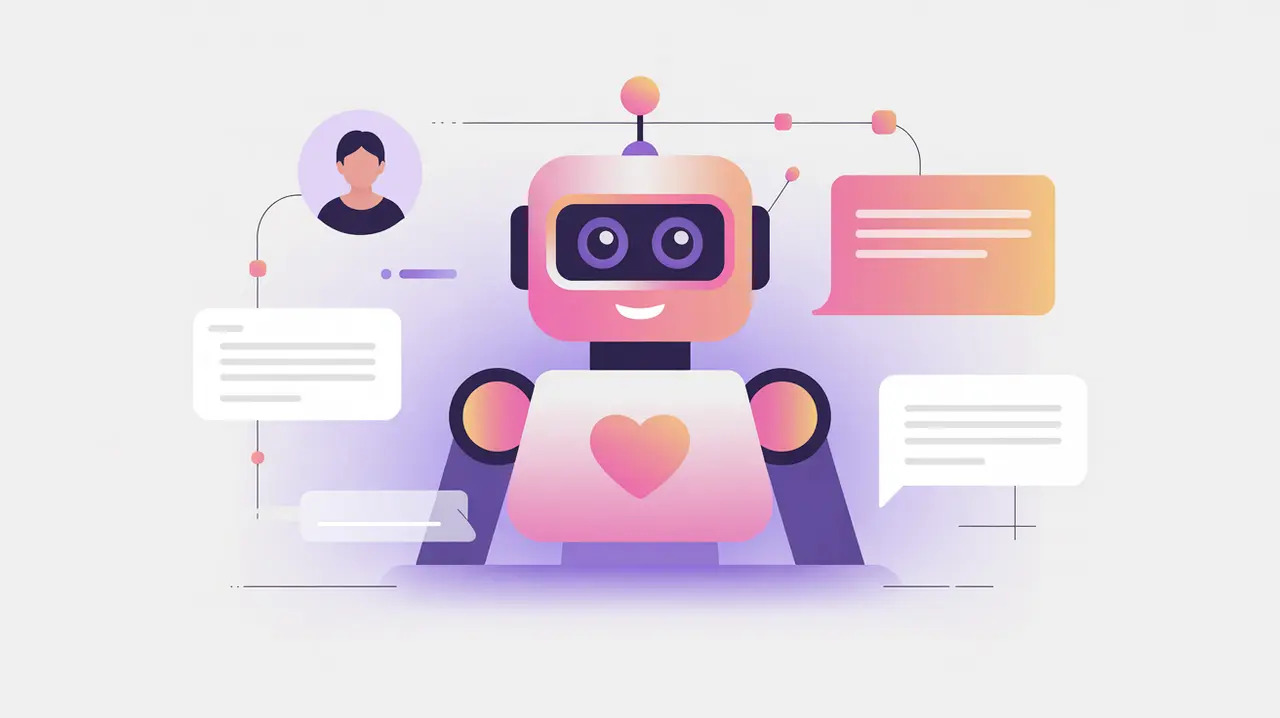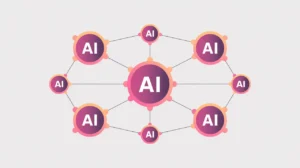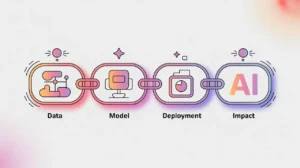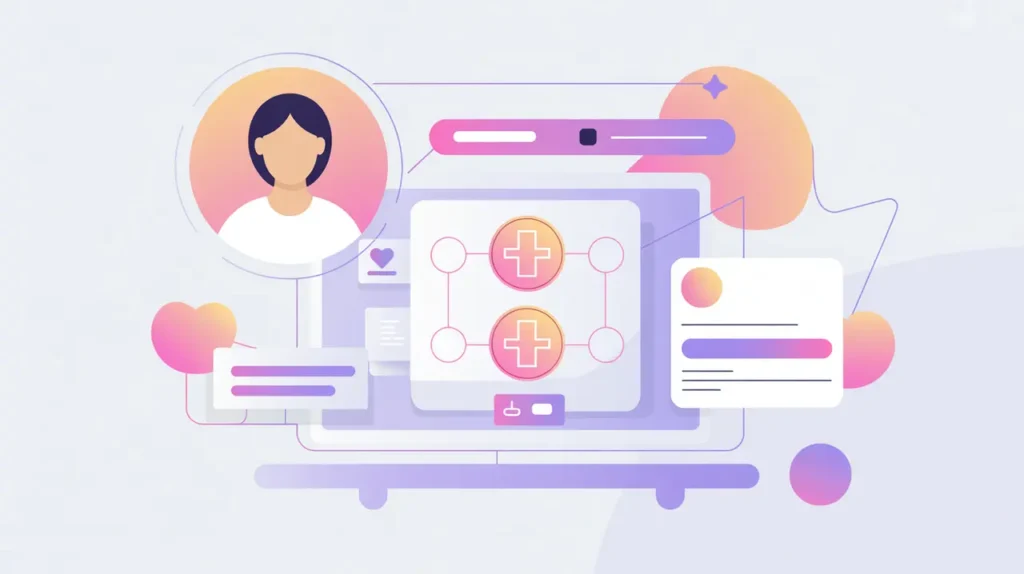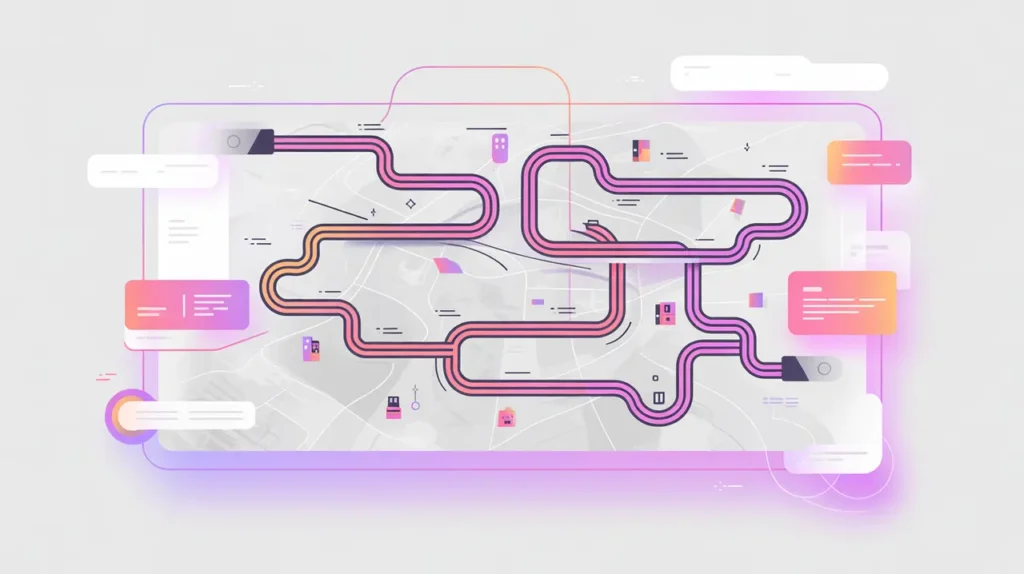Importance of Mental Health and Wellbeing Assistants
Mental Health and Wellbeing Assistants are AI-driven applications and digital platforms that provide emotional support, mental health resources, and coping strategies to individuals. They use conversational interfaces, self-care exercises, and personalized guidance to help users manage stress, anxiety, or depression. Their importance today lies in addressing the global mental health crisis, where demand for services far outstrips available professionals.
For social innovation and international development, these assistants matter because mission-driven organizations can extend mental health support to communities with limited access to clinicians. They provide scalable, low-cost tools that reduce stigma and bring wellbeing resources closer to those in need.
Definition and Key Features
These assistants range from AI chatbots (e.g., Woebot, Wysa) to integrated wellbeing apps offering journaling, guided meditation, or cognitive behavioral therapy (CBT) exercises. Advanced platforms integrate with healthcare systems, enabling referrals to professionals when needed.
They are not the same as licensed therapists, who provide in-depth diagnosis and treatment. Nor are they equivalent to general wellness apps that focus on fitness or mindfulness without addressing mental health specifically. Mental health and wellbeing assistants serve as accessible, supportive, and complementary tools.
How this Works in Practice
In practice, these assistants provide immediate, private support through text or voice-based interactions. They guide users through stress-relief techniques, check in regularly, and suggest resources based on user inputs. AI enhances personalization, adapting tone and suggestions to individual needs. Some platforms also flag high-risk cases for escalation to human professionals.
Challenges include ensuring accuracy and safety, avoiding over-reliance on AI in critical cases, and protecting sensitive user data. Ethical design is essential to prevent harm, particularly when tools are deployed in vulnerable populations. Cultural adaptation is also critical, as perceptions of mental health and appropriate support vary widely.
Implications for Social Innovators
Mental health and wellbeing assistants are valuable across mission-driven work. Health programs can extend mental health care into rural or underserved areas. Education initiatives can support students coping with stress, trauma, or academic pressure. Humanitarian agencies can provide frontline responders and crisis-affected populations with accessible emotional support. Civil society groups can integrate wellbeing assistants into advocacy campaigns that reduce stigma and promote community resilience.
By providing accessible, scalable, and stigma-sensitive support, mental health and wellbeing assistants expand access to care and promote resilience in communities worldwide.
